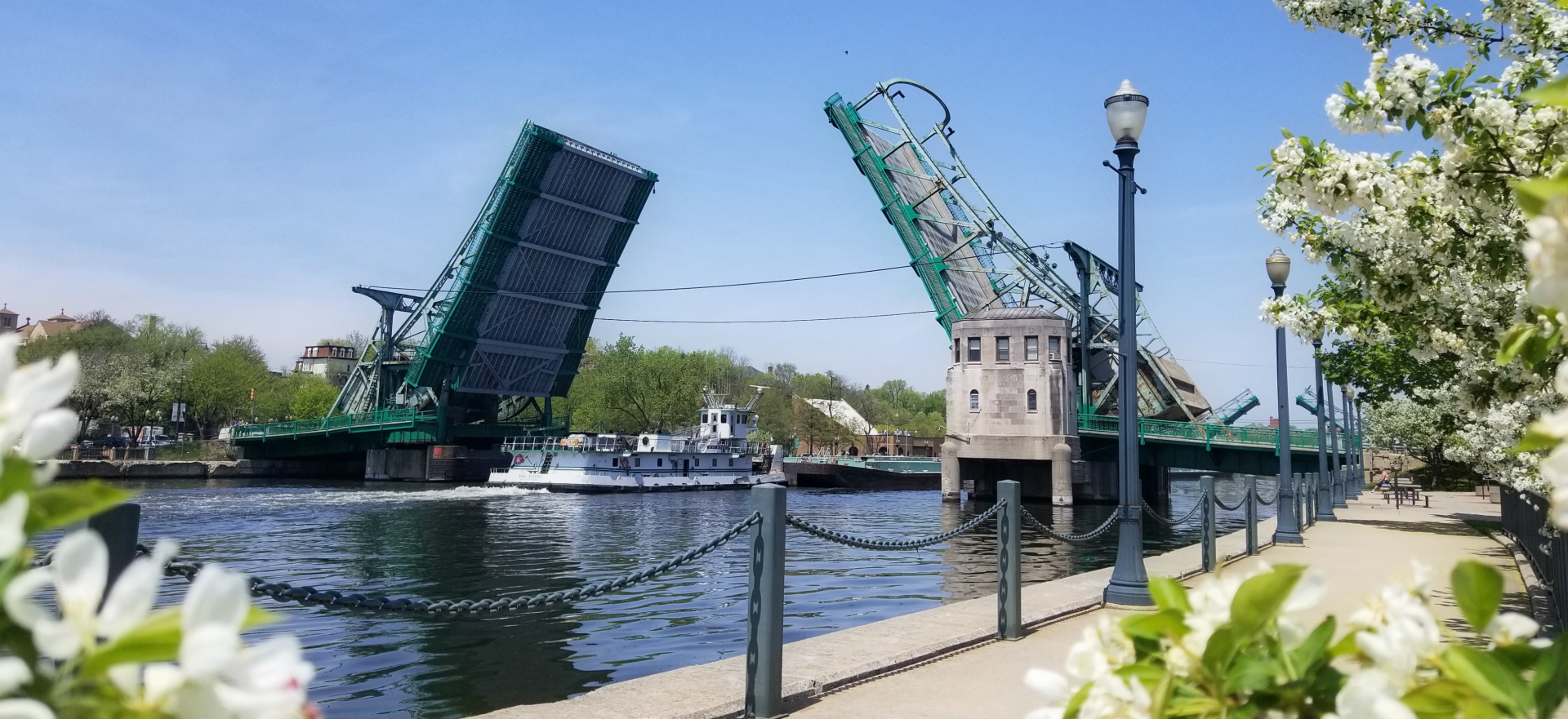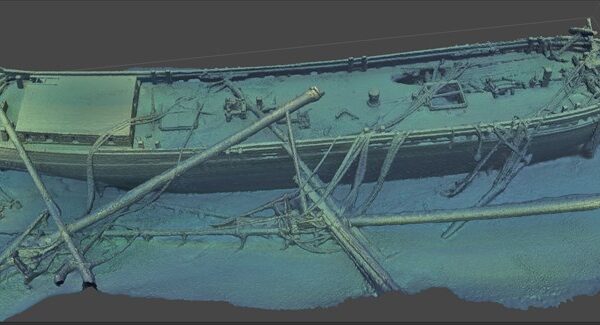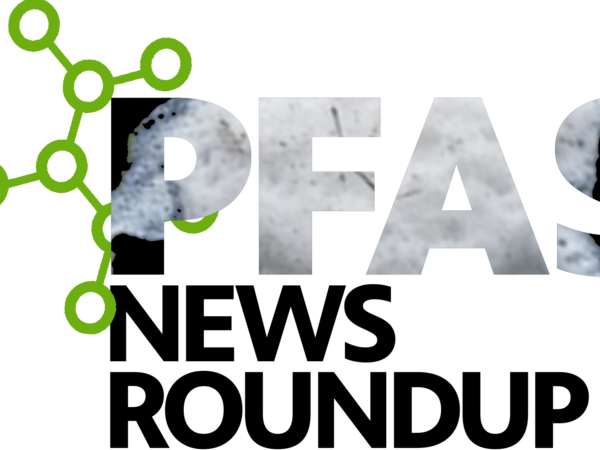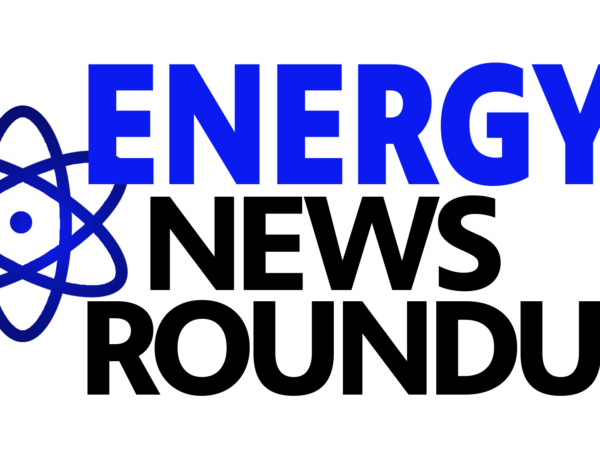
In less than a decade, Joliet, Illinois, could run out of water.
The city of 150,000 people, roughly 45 minutes southwest of Chicago, is facing a looming water crisis as the patchwork of underground wells and aquifers it currently uses for municipal water is drying up.
Joliet currently relies on the Cambrian-Ordovician sandstone aquifer system for its water. A 2014 study by the Illinois State Water Survey found that usage in the area would have to be decreased by upwards of 50% to maintain water levels by 2030 and “that at-risk entities (should) start planning to develop alternative supplies immediately.” This specific aquifer system has been the focus of previous studies, including a 2005 University of Wisconsin Water Resources Institute study on its impending drought.
In order to fix this looming crisis, area elected officials joined together to create a regional water commission now focused on one looming goal: connecting municipalities to Lake Michigan water.
Joilet mayor Robert O’Dekirk proposed a 31-mile-long pipeline to carry Lake Michigan surface water from the freshwater lake to the city and other municipalities.
In addition to the residents of the area, the pipeline will also service Joilet’s enormous warehouse and logistics industry. The city is a freight and ship hub with large employers such as Amazon, Dollar Tree and Home Depot using its inland port and sprawling distribution centers on a daily basis. According to a recent report by nonprofit environmental newsroom Grist, a small percentage of these warehouse giants have used 20.5 million gallons of water in the past three years.
With Joilet in search of a new water source as the Cambrian-Ordovician sandstone aquifer system – the region’s underwater source for groundwater and one of the largest aquifers in the Midwest – dries up, what’s stopping Illinois from letting Joliet use Great Lakes water?
With an $80 million price tag on a new pipeline to Lake Michigan, residents are concerned about rising water costs, especially when connecting to other water utilities, such as the DuPage Water Commission or Illinois American Water, would be far less costly. As part of the plan, Joilet would redistribute large sums of Lake Michigan water to resell to surrounding communities.
Can Joliet use Great Lakes water?
The Great Lakes Compact, a formal agreement between the Great Lakes states of Illinois, Indiana, Michigan, Minnesota, New York, Ohio, Pennsylvania and Wisconsin, outlines how new water authorities use, conserve and distribute Great Lakes’ waters.
The formal agreement was enacted in 2008 to prevent municipalities outside of the basin from using a majority of its waters as water becomes an increasingly finite resource.
But, while the agreement spells out water usage for the seven other states, Illinois is an outlier in the Compact as Section 4.14 excludes Illinois from being governed by the Compact and is instead regulated by a 1929 U.S. Supreme Court Case, Wisconsin v. Illinois, and subsequent 1967 and 1980 Supreme Court decrees.
Illinois can divert 2.1 billion gallons of Lake Michigan water a day, and conservation efforts in recent years have allowed the state to build up a surplus. Illinois Department of Natural Resource Office of Water Resources Director Loren Wobig said based on population size, Joliet will become the second-largest user of Lake Michigan’s water, just behind Chicago.
Wobig said despite Illinois’ contentious history of past water usage, the state has increased its water conservation efforts in the past decades.
“We’ve gotten better and better at being better stewards of that water,” Wobig said.
Wobig said Joilet’s future water usage isn’t a cause for concern as the state wouldn’t give out an allocation to a community if they were concerned it would cause them to not be in compliance with the Compact and the Supreme Court decision.
“That water is going to over 8 million people in that area,” Wobig said. “So we’re not about to do anything that would threaten or cause the other states in any way to have reason to go back to the Supreme Court because we somehow stepped out of line.”
Illinois DNR administrative rules dictate that users who use more than 105% of their water allocation in a five-year timespan, or over 115% of their water allocation in a single year, are subject to fines and penalties.
Joliet’s 2030 water goals have been met with concern from residents based on predictions of water fees doubling in price. Other neighboring municipalities have said they would prefer the use of an already existing pipeline system versus a newly constructed one.
But Illinois elected officials have moved forward in support of the pipeline construction with state Sen. John Connor (D-Lockport) introducing widely-supported 2021 legislation to form the regional commission and Illinois Gov. JB Pritzker signing the bill into law soon after.
To date, five surrounding communities have signed on as future consumers of direct Lake Michigan water by way of Joilet.
Catch more news at Great Lakes Now:
Lakeside Gentrification: Waterfront properties and water access grow steadily further out of reach
Featured image: Jefferson Street Bridge in Joliet, Ill. (Photo Credit: City of Joliet)




